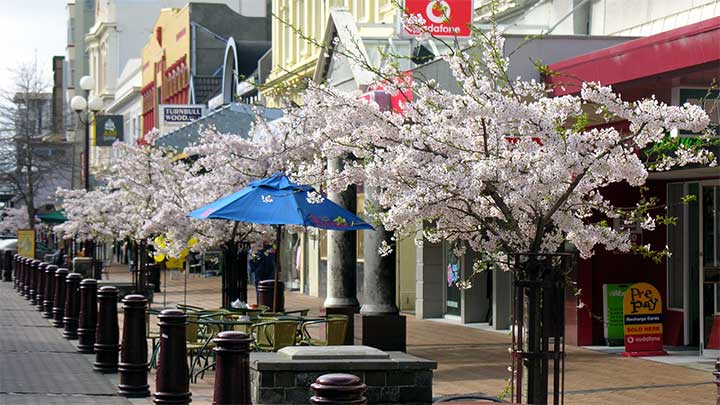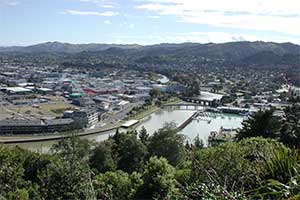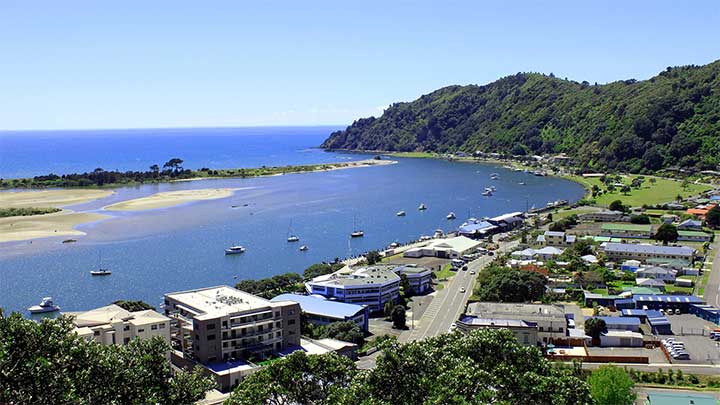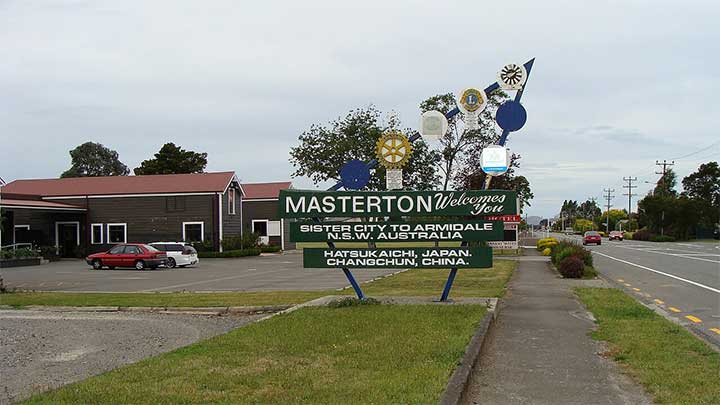Daycare Fee >> NewZealand >> Waikato Region
Secrets to Finding Affordable Daycare in Waikato! As one of New Zealand’s most diverse and economically vibrant regions, Waikato offers a range of daycare options that cater to both urban and rural lifestyles. Whether you’re living in bustling Hamilton or one of the charming rural towns like Cambridge or Matamata, understanding daycare costs and the factors that influence them is crucial for making the best choice for your family. This comprehensive guide dives deep into the nuances of daycare pricing across Waikato, revealing how local industries, community support, and regional characteristics can impact your childcare decisions. Don’t miss out on this essential information that could save you time, money, and stress—read on to find the perfect daycare solution for your needs in Waikato.
Hamilton City | Taupo | Cambridge | Matamata

1. Economic Context
- Moderate Costs: Daycare fees in the Waikato region are generally moderate, with areas like Hamilton City, Cambridge, and Te Awamutu offering more affordable options compared to major cities like Auckland.
- Agriculture Influence: The region’s economy is heavily influenced by agriculture, particularly dairy farming, which affects the availability of daycare services, especially in rural areas where flexible hours may be necessary.
2. Availability and Access
- Urban vs. Rural Access: Hamilton City, as the largest urban center in Waikato, has a wide range of daycare options, including highly-regarded centers like BestStart and Kindercare. In smaller towns like Matamata and Morrinsville, options are more limited, often requiring parents to travel to nearby towns for daycare services.
- Waitlists: While Hamilton City may have more competition and longer waitlists, especially in popular suburbs like Rototuna and Hillcrest, rural areas like Te Kauwhata may offer quicker access but fewer options.
3. Types of Daycare
- Full-Daycare Centers: Hamilton City offers several full-daycare centers, such as Lollipops in Te Rapa and Bright Sparks in Flagstaff, providing comprehensive care for working parents.
- Home-Based Care: In rural areas like Otorohanga and Putāruru, home-based care is a popular option, offering more personalized attention in a home environment.
- Te Kōhanga Reo: Māori language immersion daycares are available throughout Waikato, particularly in areas like Ngaruawahia and Tokoroa, emphasizing Te Reo Māori and cultural education.
4. Transportation and Accessibility
- Urban Convenience: In Hamilton City, especially in areas like the CBD and Chartwell, daycare centers are well-connected by public transport, including buses. Suburban areas like Dinsdale and Nawton offer easy parking and drop-off options for parents commuting by car.
- Rural Challenges: In more remote areas like Raglan and Huntly, transportation can be more challenging, with some parents needing to drive longer distances to reach daycare centers.
5. Cultural Influence
- Māori Integration: The Waikato region has a significant Māori population, and many daycare centers, particularly in towns like Te Awamutu and Cambridge, integrate Te Reo Māori and cultural practices into their programs.
- Community Focus: Smaller towns like Morrinsville and Matamata often have daycare centers with strong ties to the local community, fostering a supportive and inclusive environment for families.
6. Seasonal Programs
- Holiday Care: Centers in Hamilton and larger towns like Cambridge offer holiday programs that cater to working parents during school breaks, ensuring continuity of care.
- Extended Hours: Some daycare centers in Hamilton City, particularly in business areas like Te Rapa and Frankton, offer extended hours to accommodate parents with irregular work schedules, common in sectors like healthcare and education.
7. Additional Support
- Local Subsidies: Beyond national subsidies, some local councils, particularly in Hamilton City and surrounding areas, provide additional financial support for low-income families, including grants and sliding scale fees.
- Community Initiatives: In rural communities like Te Aroha and Matamata, local organizations may offer additional resources or support networks for parents navigating daycare options and costs.
8. Health and Safety
- Urban Health Standards: Daycare centers in Hamilton, especially in central areas like Hamilton East and Claudelands, adhere to strict health and safety guidelines, with regular inspections and safety drills.
- Nutrition and Meals: Many daycare centers across Waikato, particularly in family-oriented suburbs like Rototuna and St. Andrews, offer nutritious meal plans, often including locally-sourced produce and catering to diverse dietary needs.
9. Community and Expat Support
Expat Communities: In areas like Cambridge and Hamilton’s suburban neighborhoods, daycare centers often connect with expat communities, offering resources and support for families transitioning to life in New Zealand.
Migrant-Friendly Centers: Hamilton City, with its growing international population, has daycare centers that provide additional language support, particularly in English and Te Reo Māori, and help with integration for families new to New Zealand.







